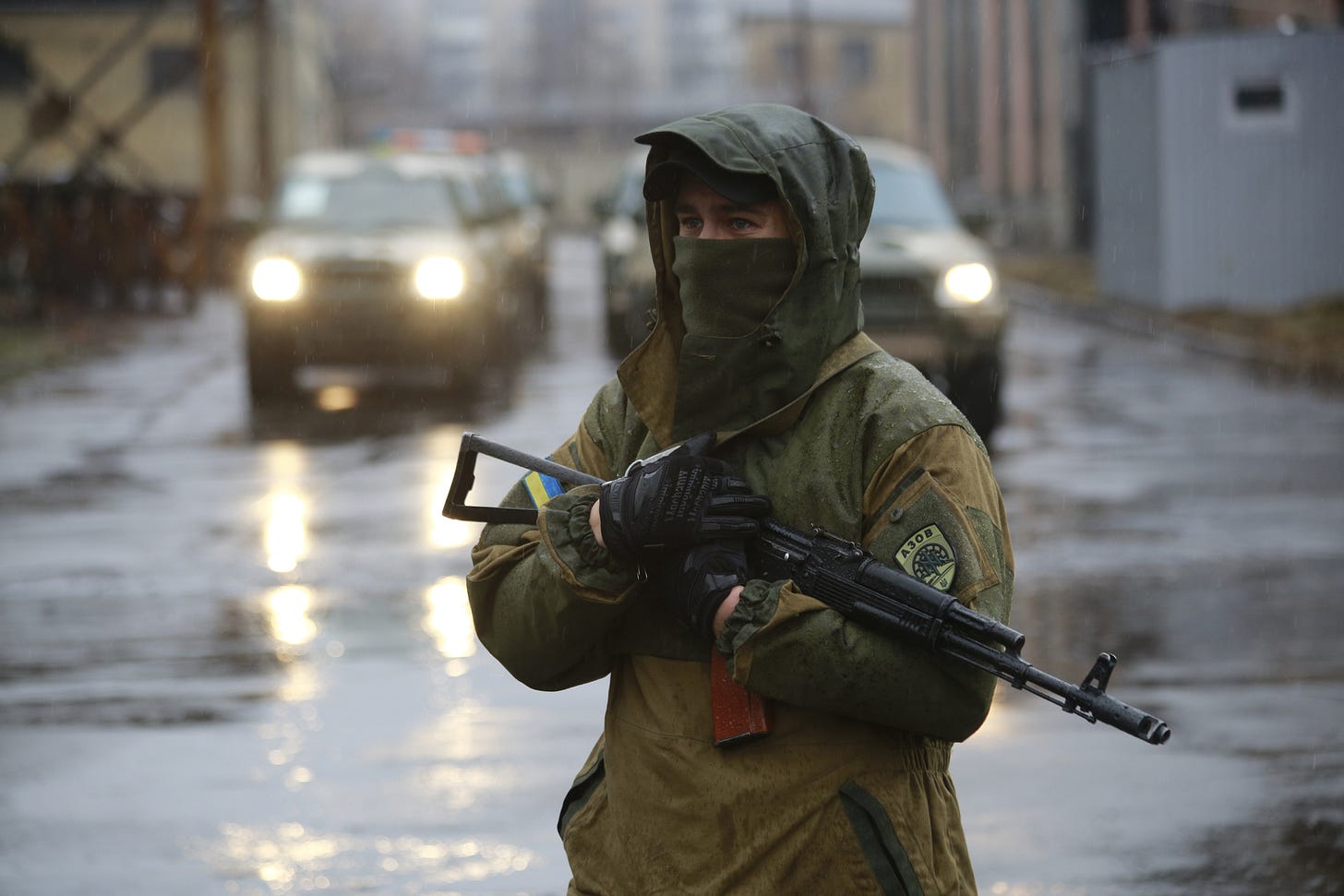A Ukrainian Poet's Message to the World: 'Open your eyes. The war has already started.'
A TFP conversation with Kateryna Babkina—award-winning Ukrainian poet, fiction writer and journalist—on life in Kyiv, her country's unpreparedness, and Russia's propaganda machine.

By Michael Judge
I spoke with the internationally acclaimed Ukrainian writer Kateryna Babkina from her home in Kyiv on Saturday, the same day the Ukrainian government recorded more than 130 Russian ceasefire violations, and Ukraine’s interior minister and 25 foreign journalists came under mortar fire in the eastern region of Donbas.
Yet Babkina, the 36-year-old “independent mother” of a 14-month-old daughter and award-winning writer of everything from journalism to novels, poetry, short stories, screenplays and children’s books, is—if not undaunted—focused on practical matters in the way only a mother of a young child can be.
“I have a baby toddler daughter,” she says on a video call. “So my everyday life hasn’t changed much here in Kyiv. You have to remember that we’ve lived in a state o…
Keep reading with a 7-day free trial
Subscribe to The First Person with Michael Judge to keep reading this post and get 7 days of free access to the full post archives.
